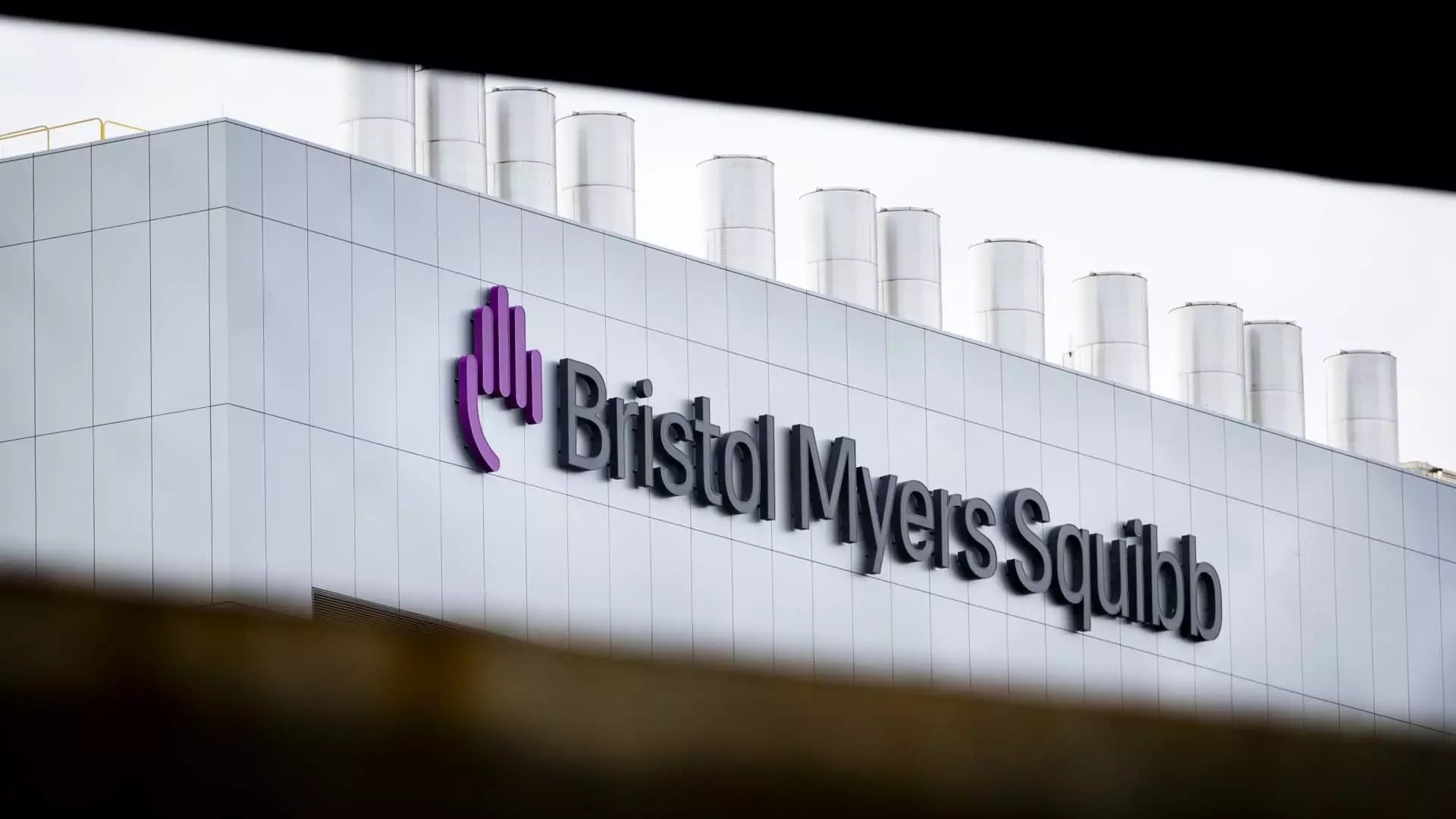Bristol Myers Squibb recently reported second-quarter earnings and revenue that surpassed expectations, showcasing a significant financial success for the pharmaceutical giant. The company raised its full-year revenue forecast to an increase in the “upper end” of the low single-digit range, indicating a positive trajectory in terms of financial growth. Additionally, the adjusted earnings guidance for 2024 was raised to 60 cents to 90 cents per share, showcasing a strong performance and future outlook for the company.
Cost-Cutting Strategies
In light of its financial success, Bristol Myers Squibb is taking strategic steps to cut costs and increase efficiency within the organization. The company aims to slash $1.5 billion in costs by 2025 and reinvest that money into key drug brands and research and development programs. This cost-cutting initiative involves various measures, including laying off more than 2,000 employees, culling certain drug programs, and consolidating sites. These efforts are aimed at streamlining operations and maximizing resources for future growth and innovation.
The second-quarter results for Bristol Myers Squibb highlighted a 9% increase in revenue from the same period a year ago, reaching $12.2 billion. This growth was driven by the success of key drug brands such as Eliquis and Opdivo, which demonstrated strong sales performance during the quarter. Despite facing competition from generics, revenue from the blood cancer drug Revlimid also exceeded analysts’ estimates, showcasing the resilience and market strength of the company’s product portfolio.
While Bristol Myers Squibb has achieved significant success in terms of revenue and earnings, the company faces challenges in launching new drugs to offset potential revenue losses from expiring patents and market exclusivity. The pressure to innovate and develop new treatments is essential for sustaining long-term growth and competitiveness in the pharmaceutical industry. Additionally, negotiations with the federal government regarding pricing agreements for key drugs like Eliquis pose a potential risk to future sales and profitability.
Bristol Myers Squibb’s “growth portfolio” was a key driver of revenue during the second quarter, with strong demand for products like Opdivo, Reblozyl, Opdualag, and Camzyos contributing to overall sales performance. These medications exceeded analysts’ revenue expectations, indicating a positive market response to the company’s innovative drug offerings. However, challenges remain, particularly in the face of generic competition and the eventual loss of market exclusivity for key products like Eliquis and Revlimid.
As Bristol Myers Squibb continues to navigate the complex landscape of the pharmaceutical industry, its financial success, strategic initiatives, and product performance will play a crucial role in shaping its future trajectory. The company’s ability to innovate, adapt to market dynamics, and address key challenges will be essential in maintaining its competitive edge and driving sustained growth in the years to come.


Leave a Reply